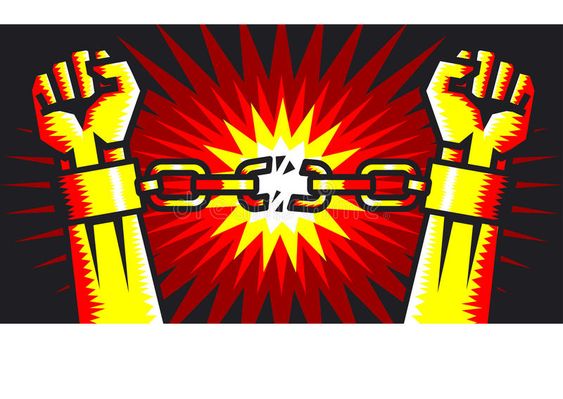
In the past two years, the Central Government has slowly but steadily moved towards the decriminalisation of offences based on industry feedback that antiquated laws hamper the ease of doing business in India.[i] There is also a school of thought that decriminalising certain economic offences will reduce the immense backlog of cases in the Courts.[ii] While the intent is laudable, it is essential to keep in mind that a one-size fits all approach cannot be taken while implementing this initiative. There are a few offences which, if decriminalised, would lead to catastrophic effects for the industry concerned- case in point being the offences under the Copyright Act, 1957. Decriminalising these offences would effectively legitimise copyright infringement and piracy.
As we are aware, piracy causes a huge loss to the creative sector. As per a recent MUSO report, India reported 6.5 billion visits to pirated websites, which was the third highest globally. Further, India was reported as the top market in terms of film and music piracy between January and September 2021.[iii] In fact, the recorded music industry loses revenues to the tune of 1200 cr. due to pirate activities such as illegal downloads, stream-ripping etc.[iv] Further, when it comes to the publishing industry, it is estimated that pirated books account for 20-25% of the total books in the market.[v]
Huge investments are made by copyright owners to create or obtain copyrighted content. For instance, per the IFPI report “Record Companies: Powering the Music Ecosystem”, record companies spend $5.8 bn annually on artists and repertoire.[vi] Further, it is estimated that globally $220 bn was spent on creation of copyrighted content for cinema, TV and OTT in 2021, a 14% increase from the previous year.[vii] This figure is set to exceed $230 bn by the end of 2022. If copyright offences are decriminalised, there will be little incentive left for content creators and copyright owners in India and globally to stay invested in the media and entertainment industry. Thus, there is a high probability of investments drying up if the said copyrighted work is not protected adequately.
Disinvestment and loss of revenues inadvertently means loss of employment- for instance the Indian film industry provides direct employment to 8,48,000 people[viii] and the recorded music industry generates direct and indirect employment for 36,800 people.[ix]
In addition to the aforementioned issues, pirate activities also give rise to serious organised crimes. Counterfeiting, piracy and smuggling finance criminals and terrorists who deal in counterfeit goods to launder illegal money.[x] In fact, in 2017, Mr. Rajnath Singh, the then Home Minister of India had announced a special course on intellectual property rights in all police training colleges, stating that piracy and copyright violations are a source of terror financing and money laundering.[xi]
Globally, many countries have criminalised copyright offences. For instance, the United Kingdom[xii] provides for imprisonment of up to 10 years for certain copyright offences. In the United States, a first-time offender may be imprisoned for up to 5 years for copyright infringement, and a repeat offender may be imprisoned for up to 10 years.[xiii] Closer home, in Singapore, a person may be jailed for up to 5 years in case of certain copyright offences.[xiv]
Stealing someone’s intellectual property, which they have given their blood and sweat to create, cannot be considered any less of a crime than stealing someone’s physical property. In India, respect for copyright is not very commonplace and there is a tendency amongst people to treat copyright offences as “acceptable” and “par for the course”. Decriminalising copyright offences would only exacerbate this issue and would be a blemish on India’s IP regime.
The Government has recognised audio and visual services as a “champion sector”.[xv] Further, recently, Union Minister for Information and Broadcasting Anurag Thakur called the media and entertainment sector a sunrise sector, and noted that it is expected to generate Rs 4 lakh crores annually by 2025 and become a $100 billion or Rs 7.5 lakh crore industry by 2030[xvi]. However, for this potential to be truly realised, it is essential that piracy be strictly dealt with. Criminalisation of copyright offences acts as a deterrent to those who aim to commit copyright infringement and theft, thus preventing revenue leakages for copyright owners. Therefore, if the DPIIT truly believes in the potential of the Media & Entertainment industry, we urge them to take the aforementioned issues into consideration and further our case against the decriminalisation of offences under the Copyright Act, 1957.
About Author: Mridula Dalvi- Legal Associate, Indian Music Industry.
This article was first published on IPRMENTLAW